Cinemalaya 2024 entry Kono Basho is a tender tale of family and grief, packed in the familiar pains of separation, loss, and identity. Here’s why it’s a must-watch
Shared grief reconnects estranged half-sisters at their father’s funeral in Rikuzentakata, a tsunami-stricken city in Japan. This is Kono Basho, one of this year’s entries for the Cinemalaya Independent Film Festival and feature film debut of writer-director Jaime Pacena II. MEGA Entertainment talks to actress Gabby Padilla and Director Jaime Pacena II about the Japan-set Filipino drama.
RELATED: 5 Filipino Romcom Films That are Worth the Rewatch
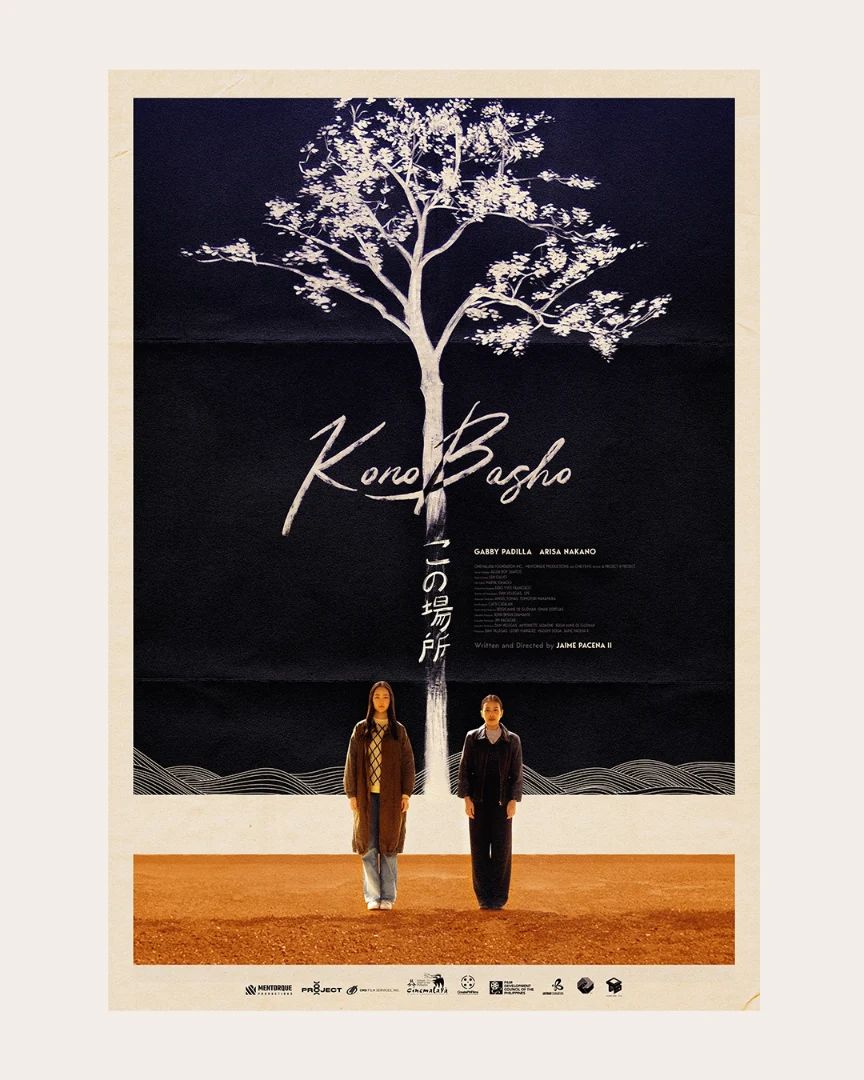
A unique and novel film in the 2024 Cinemalaya’s selection of motion pictures, Kono Basho tackles the forming bond between the sisters, Filipino anthropologist Ella (Gabby Padilla) and Japanese painter Reina (Arisa Nakano), in the backdrop of how grief lingers—even when shared. “A lot of things have evolved in this story since submitting the story in 2022,” Pacena tells MEGA Entertainment. “I was thinking: What would be my first film? What would be the first story I write? And the tsunami, metaphorically speaking, became a symbol. I was thinking: ang mga buhay natin ay parang tsunami—it will really pull you in different directions. Then that inspired me to write it in this particular form. I’m really excited as this is my debut film.”
History to Story
Pacena’s contemplative story is breaking through the Cinemalaya noise and a crowded film calendar to emerge as a major indie breakout. The film is morose in its thesis—family members may not live together, but grief can be lived together. A simple premise richly rendered, Kono Basho is a bona fide critical fuse of sadness, in the lens of both the Japanese and Filipino. Part of it is the film’s setting in Japan: “I’m happy we were able to shoot in Japan—that we didn’t translate it into a Japan-town in Manila, even if it was difficult because of logistics and finances,” Pacena says.
With Kono Basho, it is easy to doubt that the project would present the Japanese culture and setting as expansively and gorgeously as it does, with such natural familiarity and respect. But Pacena’s history as a visual artist, curator, and teacher, as well as his artist residency in Rikuzentakata, inspired him to appreciate the place’s history and story: “Malaking bagay ang pagiging artist ko in this film. I was able to not just immerse myself in the city in all of its context, but I was also able to build a relationship with the place and the people there. That really helped a lot in realizing this particular project.”
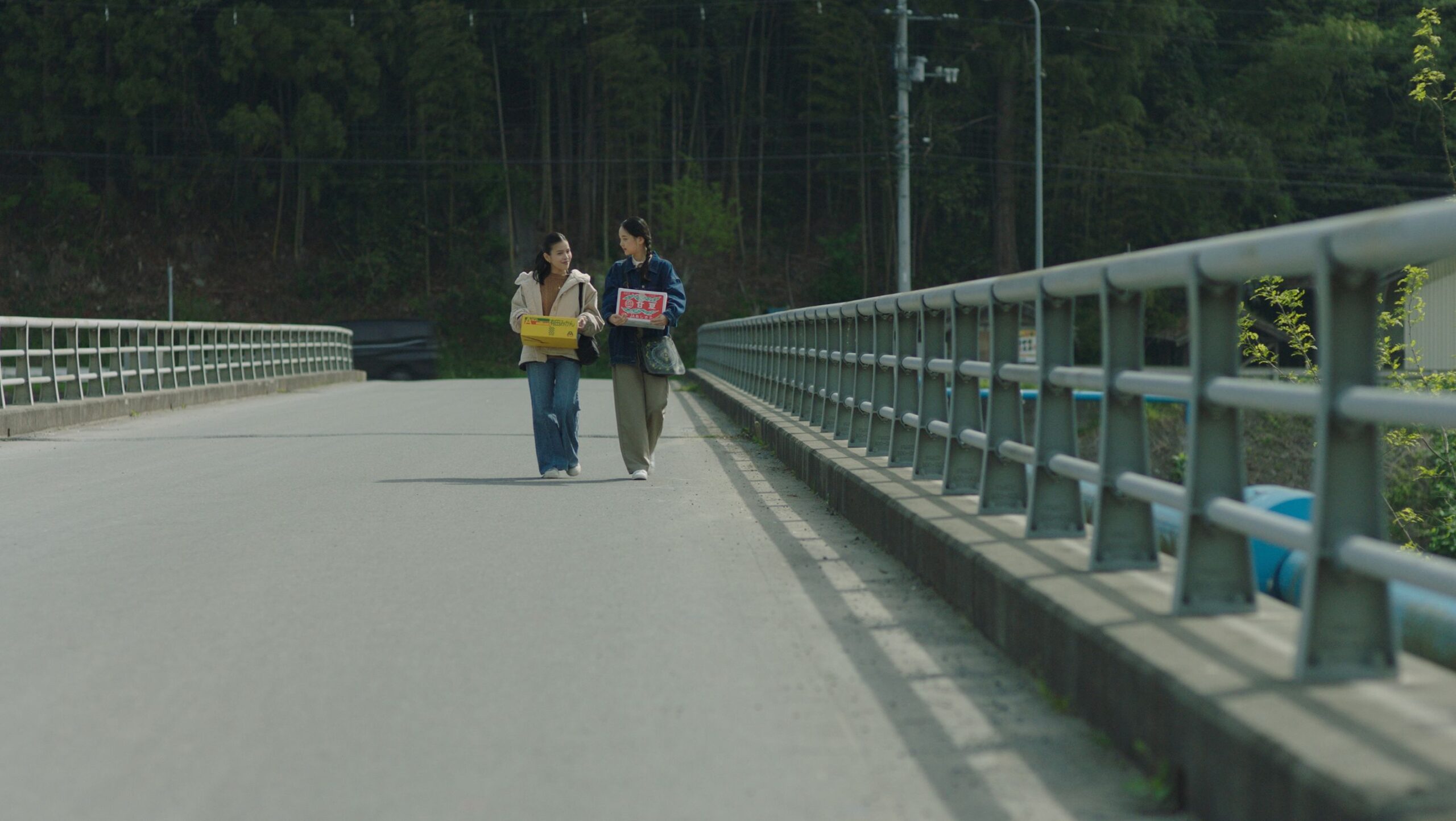
Grief Shared by Two Nations
The director turns the story into a cinematic spring that runs the full gamut of the human emotion—from the unbridled joy of reconnection to the sorrow of the reason for the reconnection. And he does so while paying homage to the city’s historical trauma. Pacena says, “Aside from ensuring that we film there, that we present the place and material authentically and sensitively, I really fought for the idea na kailangan nando’n ang sense of Filipino community—what is Rikuzentakata from the perspective of a Filipino?”
Kono Basho looks at how two different cultures view something as difficult as death, and encourages a level of compassion and understanding towards both differing perspectives. The balance between how each culture approaches the vulnerability of grief is a delicate act—and Gawad Urian and Cinemalaya Best Actress nominee Gabby Padilla approaches it with unmatched versatility and caliber. “One of the factors that make it jarring for Ella is that she has to grieve her father’s death, but she has to do it in a foreign country where the customs and traditions are different,” Padilla tells MEGA Entertainment. “That dichotomy is highlighted in Kono Basho. It’s one thing to navigate all of these emotions and loss, and it’s another to be thrust into this new and unfamiliar world.”
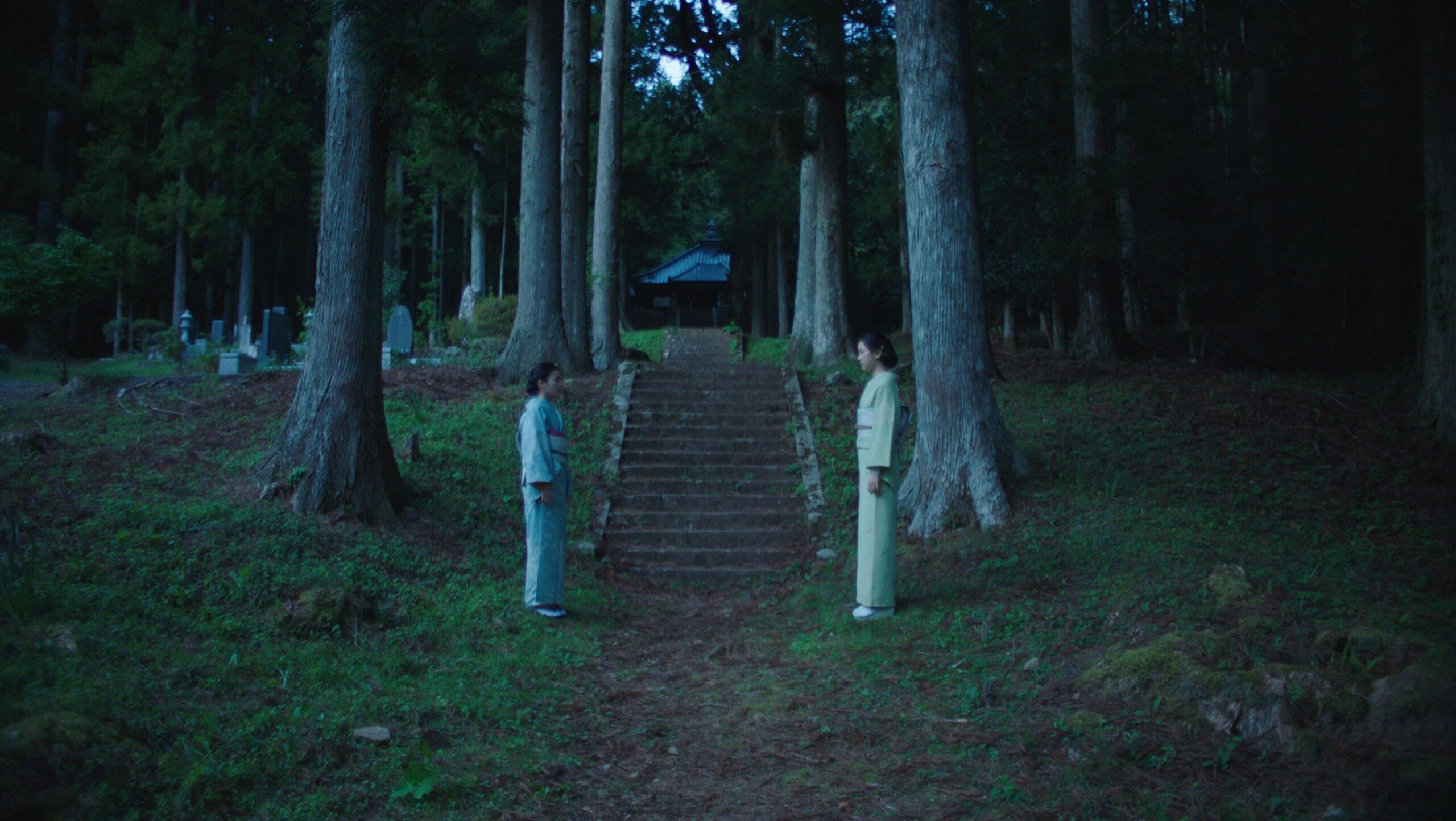
The cultural and emotional distinctions brought by the characters’ identities are highlighted in Kono Basho. Padilla further weighs in on this and says, “It’s [the film] very Japanese in its portrayal of grief. It’s very restrained; it’s not hysterics and drama—which are still valid, we don’t want to say that one is correct and the other is not, but the film’s treatment is very restrained—much like the Japanese. But the Filipino aspect of it is the sense of community which is pivotal in one’s healing. The connections that you make is what makes the grief bearable, so those are the factors that you’ll see in the film.”
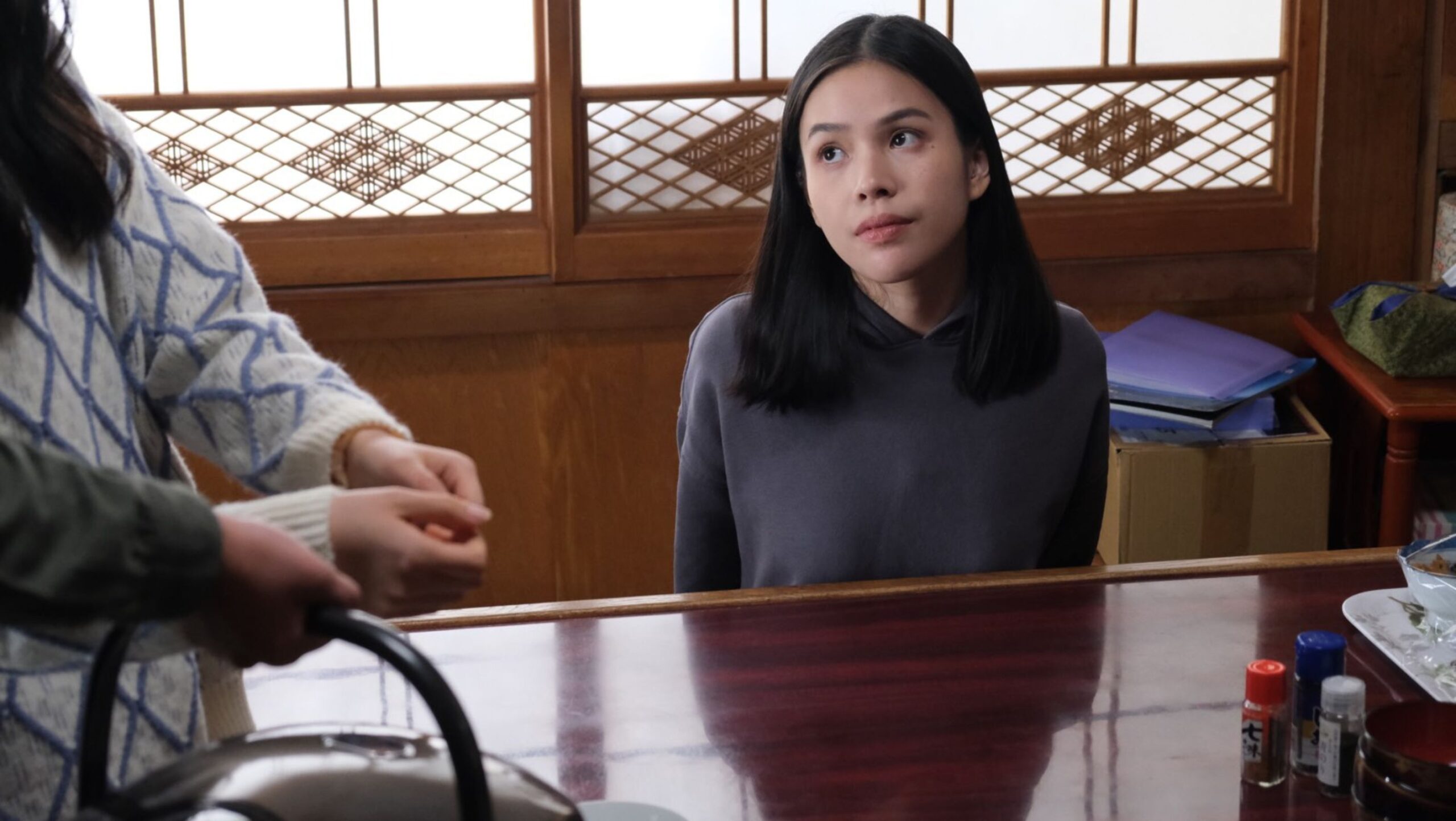
Meanwhile, Arisa, via email, tells MEGA Entertainment, “I think the common factor both the Filipinos and Japanese share is the sadness of losing a family member. However, how one overcomes sadness and what lies beyond it is different for everyone—and we explore how Reina and Ella approach it.”
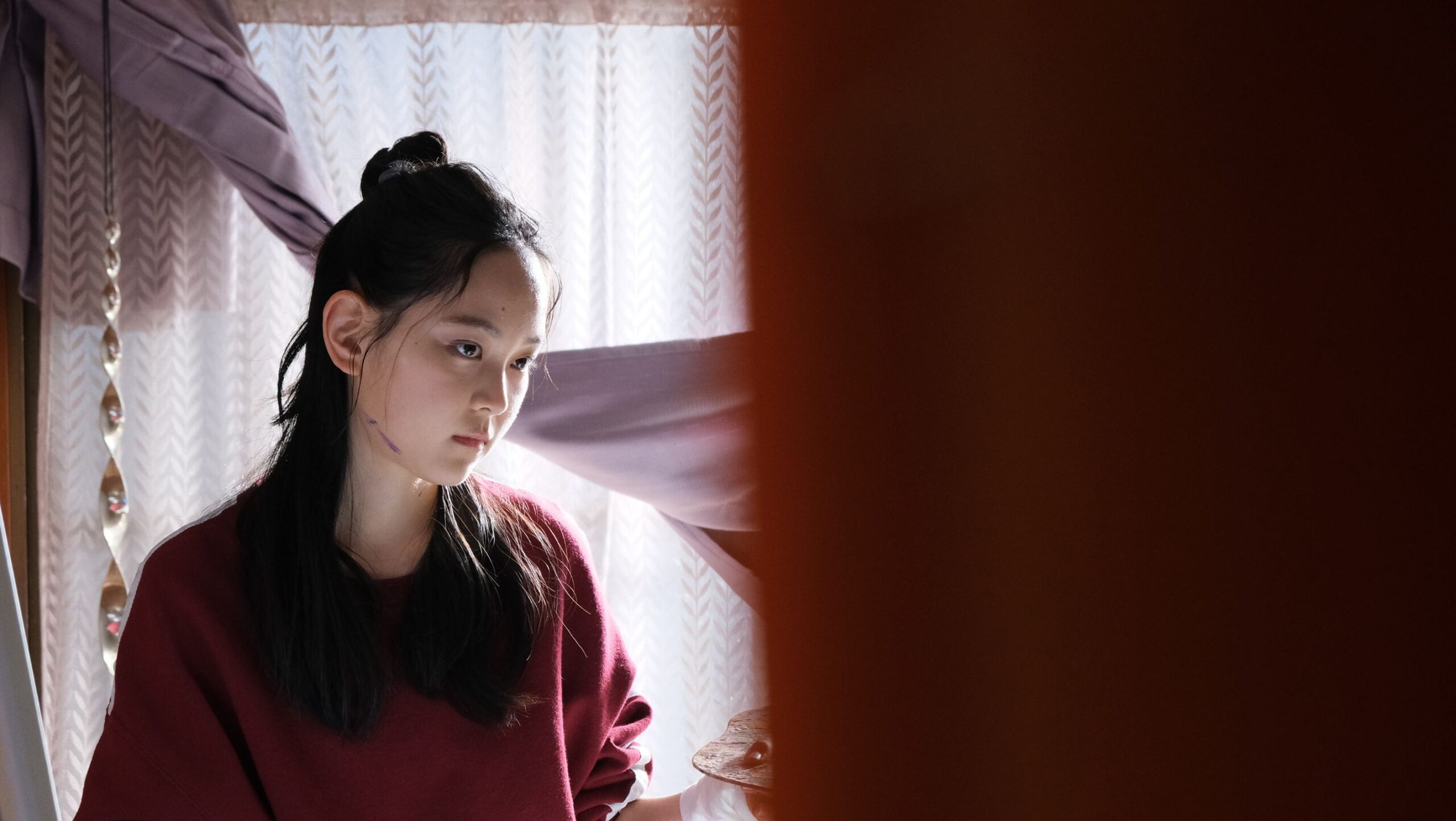
Revisiting the Personal ‘Tsunami’
For this Cinemalaya entry, the acting is based largely on deeply emotional work that can be personal to the actors. Gabby Padilla shares with MEGA Entertainment that grief is an old companion: “I’ve known grief and I live with grief every day, so that’s something that runs deep in me—that’s how personal it gets. We chose to do the story even if it means revisiting our own “tsunamis” in our lives, because the hope is that we touch people who are going through the same thing and we make them feel less alone. Even when it’s hard, that’s the beauty of storytelling.”
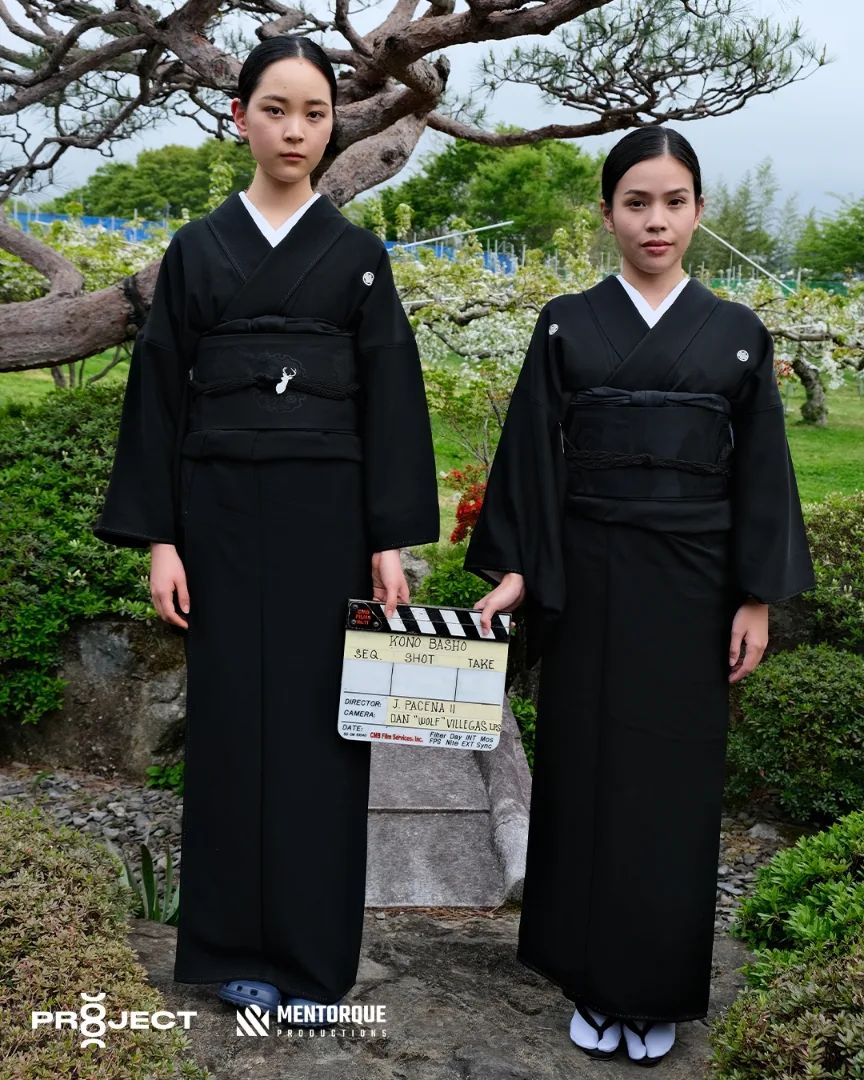
When the story is personal, too often, actors can get lost when approaching their work; living in the film’s reality presents great vulnerability. When asked how Padilla navigates that, she answers, “I think the lines really get blurred—especially in the process. And I don’t think it’s wise to resist it. But to make the acting sustainable, and also to protect myself, is to be surrounded with a team that I can trust and will journey with me in this difficult revisiting. So I was very lucky to have that in Kono Basho—in times that it got too dark or overwhelming, they were there by my side and I knew we were telling this story together.”
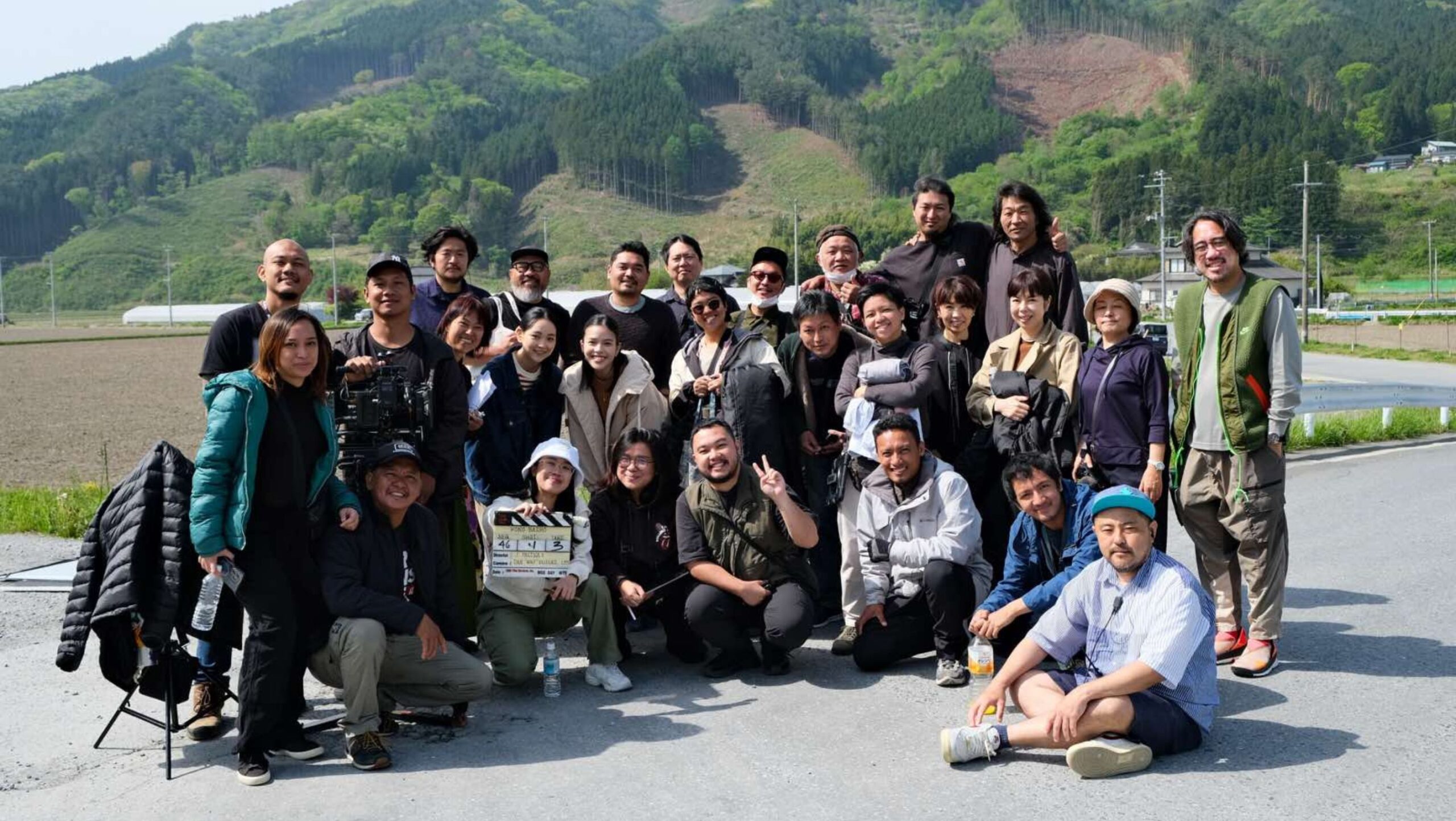
Kono Basho is now premiering at Ayala Malls Manila Bay, Greenbelt, Trinoma, U.P. Town Center, and Market! Market! from August 2 to 11, 2024.
Photos and Featured Image: KONO BASHO TEAM, GABBY PADILLA (via Instagram)
The post EXCLUSIVE: Why Kono Basho is a Must-Watch at This Year’s Cinemalaya Film Festival appeared first on MEGA.
EXCLUSIVE: Why Kono Basho is a Must-Watch at This Year’s Cinemalaya Film Festival
Source: Insta News Pinoy
0 Comments